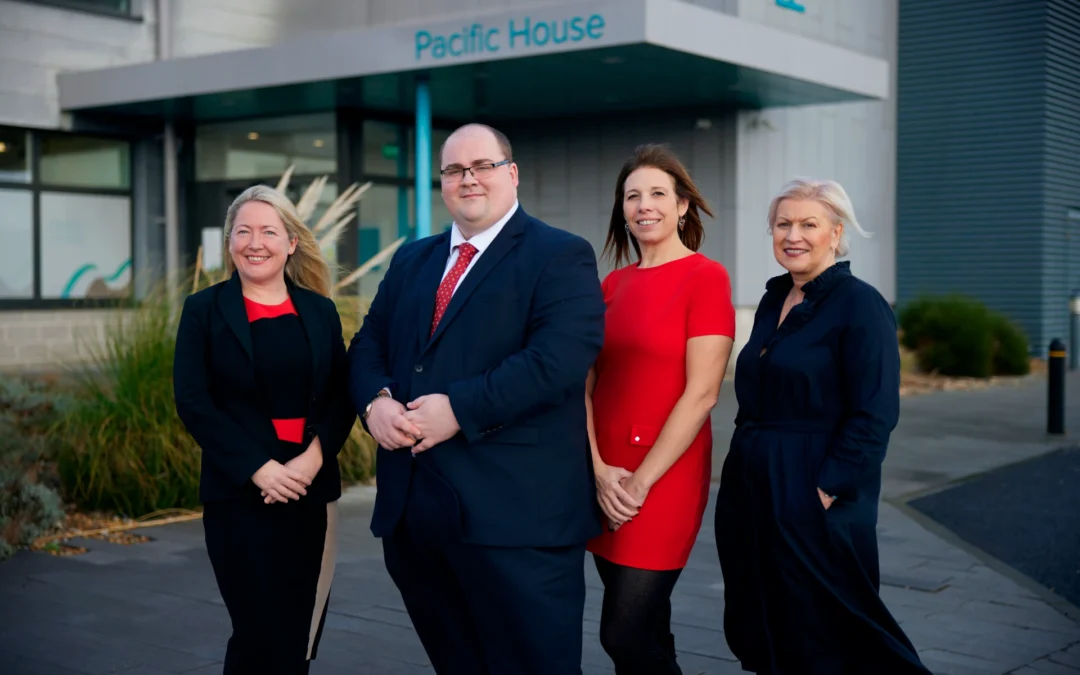The current recruitment market means employers plans to take on more staff are being hit by labour shortages. This tight market has left employers re-evaluating recruitment and considering alternative ways to recruit staff. One way to do this is to hire skilled workers from outside of the UK and that involves applying to the Home Office for a sponsor license. Here we evaluate the steps an employer needs to take to obtain a sponsorship licence and the different types of visas available.
Obtaining a Sponsorship Licence
A sponsorship licence allows a business to sponsor an individual’s application for a new skilled worker visa, as well as any future skilled worker visa applications for other employees too.
The application process involves an online form and the business needs to evidence that it is a genuine employer with a trading company in the UK. The application can then take up to 8 weeks to be processed, or longer where the Home Office considers it necessary to complete a compliance visit. Compliance visits are rare and are usually focused on checks for start-up businesses.
The employer is required to nominate an individual to take on particular roles in the process and for smaller businesses, it can be tricky to understand the most appropriate person to appoint. The roles must be carried out by someone who is primarily based in the UK and can be filled by the same or different people:
- Authorising officer: This is usually someone senior within the organisation who is involved in recruitment and/or HR. This person is responsible for the sponsorship licence and ensuring that particular duties of the licence are met;
- Key contact: This is the primary contact for the Home Office and can be someone external from the organisation, such as a or legal representative; and
- Level 1: This needs to be an employee of the business, has settled status in the UK and is responsible for managing and running the sponsorship management system.
Once a sponsorship licence has been granted, an employer can then apply for a certificate of sponsorship to assign to the individual. It takes between 3 and 4 business days to submit the application and receive the certificate.
Skilled Worker Visas
The Skilled Worker visa is one of the visa categories which was introduced on 1 January 2021, as part of the immigration system overhaul following the UK’s departure from the EU and the end of the transitional period. This route is designed to allow skilled non-settled migrants to come to the UK to fill a vacancy on a long-term basis. This applies to EU citizens who did not apply to the EU settlement scheme as well as non-EU citizens.
To employ a skilled worker who would like to come to the UK to work, these are the initial requirements:
- Must be a UK company holding a sponsorship licence;
- The company must issue a certificate of sponsorship to the skilled worker;
- The skilled worker must be paid the appropriate salary for their role in accordance with the code of practice issued by the Home Office; and
- The skilled worker must be able to demonstrate that they have sufficient funds to support themselves in the UK.
With a Skilled Worker visa, the employee can also bring dependants provided they also meet relevant requirements.
To apply for the Skilled Worker visa, the worker completes an online form and needs to demonstrate what role they are applying for, that it fits within the current designated skilled worker categories, that their salary meets the minimum level required for the visa, they have enough savings or the employer will provide maintenance payments to the individual, as well as confirming they do not have any character issues, such as criminal convictions.
Intra-Company Transfers
The Intra-Company visas allow employees of multinational employers who need to be transferred to a UK branch of their employer to carry out a skilled role in the UK. There are two intra-company routes, both of which require the worker to be sponsored in an eligible skilled occupation and meet salary requirements:
- Intra-Company Transfer: This route is for established workers who are being transferred by an overseas business to carry out a skilled role. These employees are required to work for their employer overseas for more than 12 months, unless the individual will earn more than £73,900 per annum.
- Intra-Company Graduate Trainee: This route is for workers who are being transferred by the overseas business as part of a graduate training programme for a managerial or specialist role. These employees are required to work for their employer overseas for at least 3 months.
If you are considering this route, our Solicitors and HR Consultants can provide advice on the subject of immigration and work visas. We regularly assist clients to prepare and submit successful sponsorship licences too. If you’d like to know more, contact us today.








